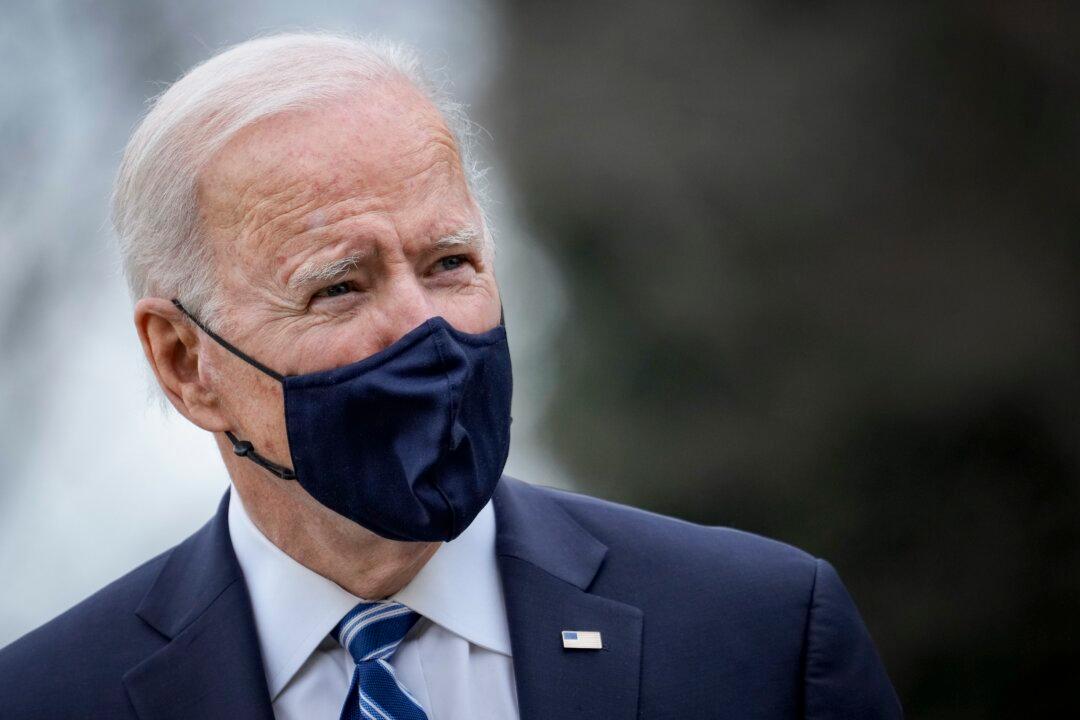Russia on Wednesday recalled its ambassador to the United States, coinciding with comments made by President Joe Biden about Russian President Vladimir Putin saying he “will pay a price” and would face punitive actions in the future.
The Russian Foreign Ministry’s spokesperson, Maria Zakharova, did not give specific reasons for the recall of Ambassador Anatoly Antonov but stressed that Moscow’s relations with the United States are in a “difficult state,” accusing Washington of bringing them “to a dead-end in recent years.”





